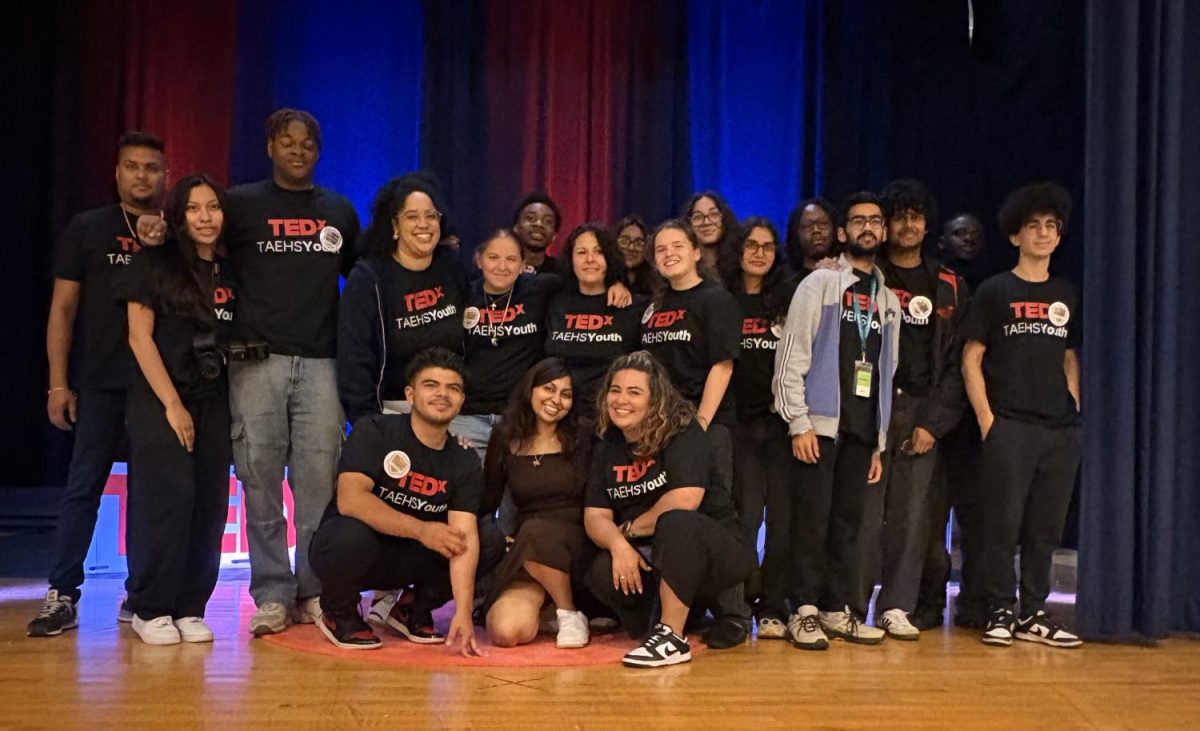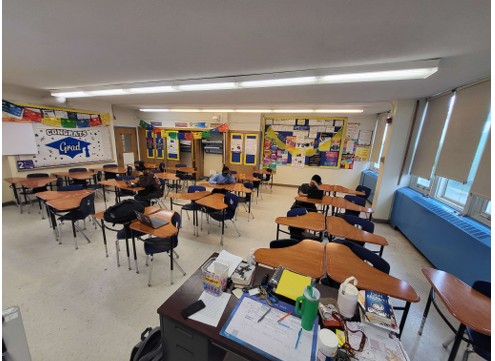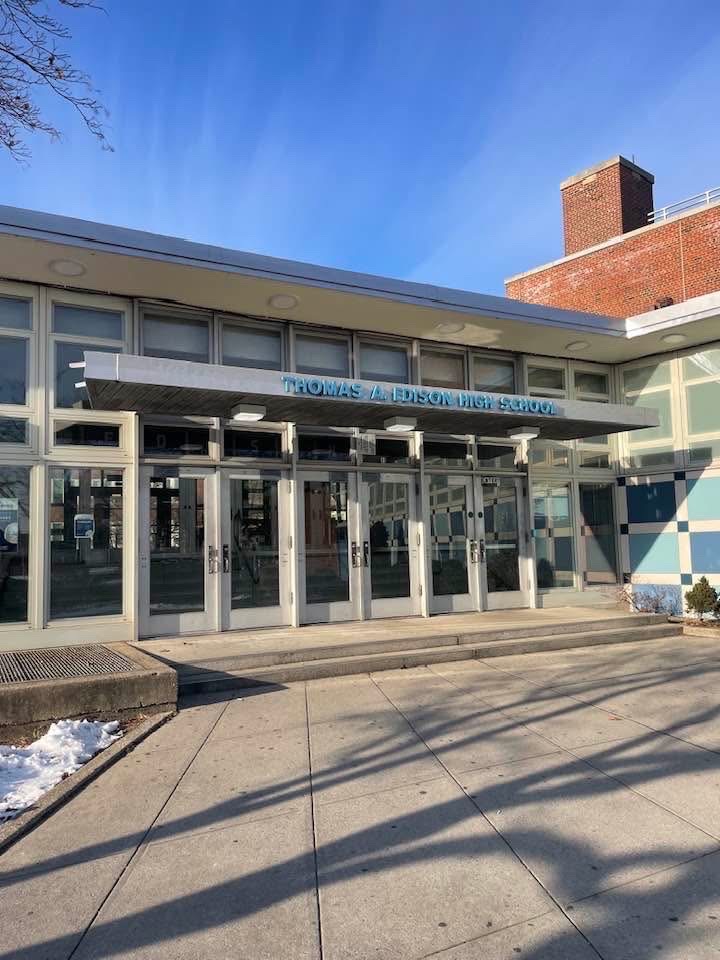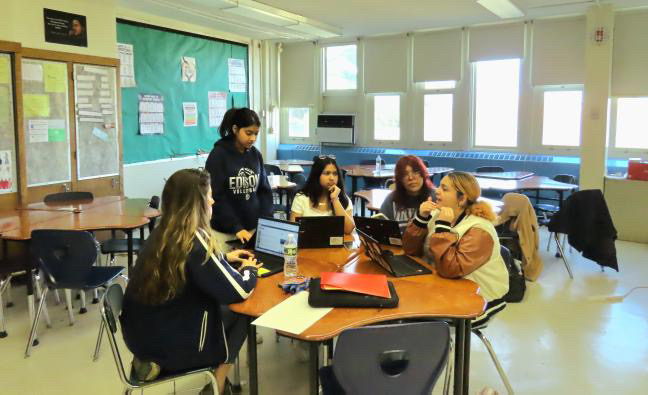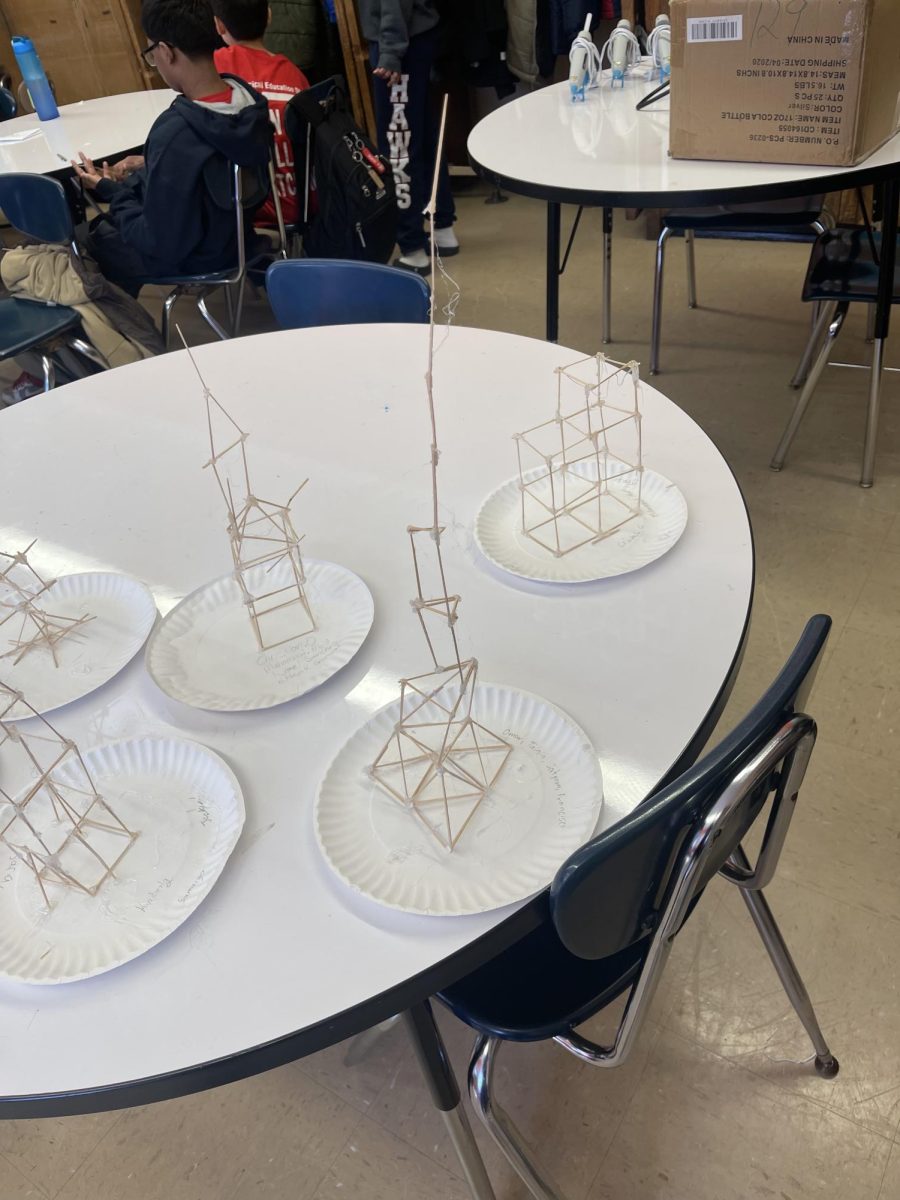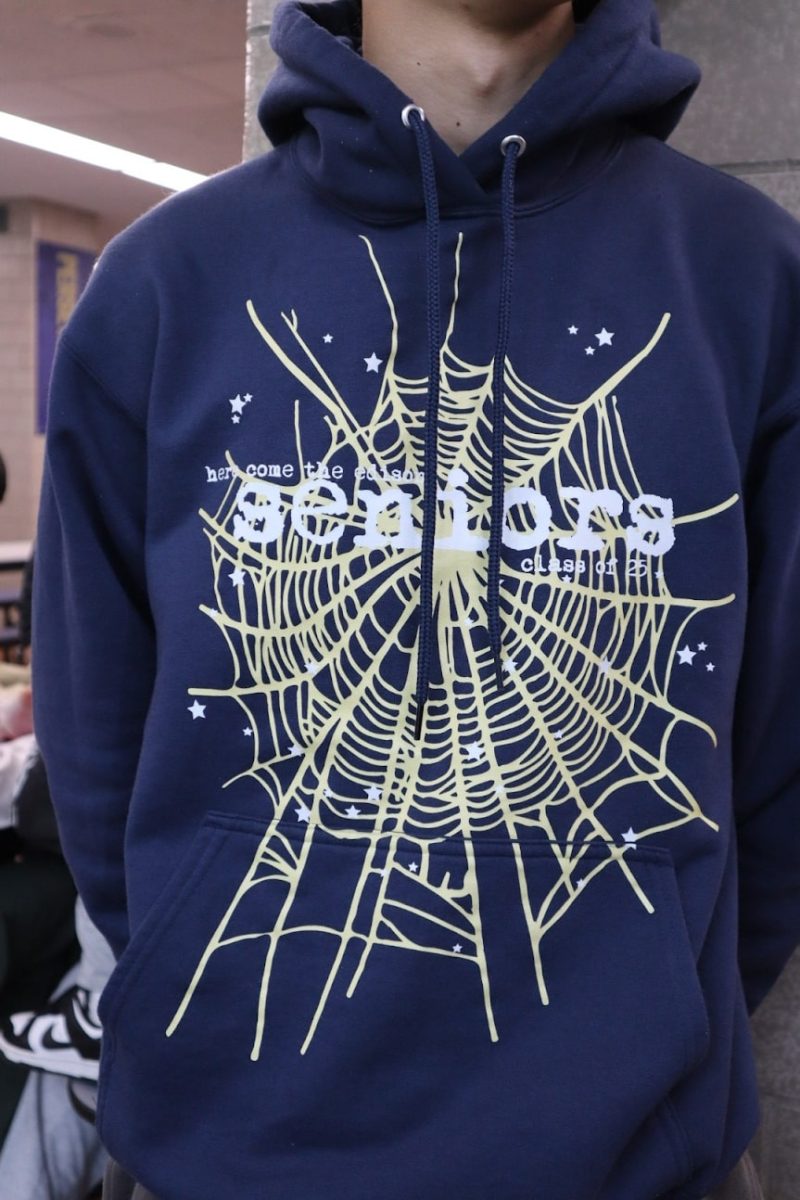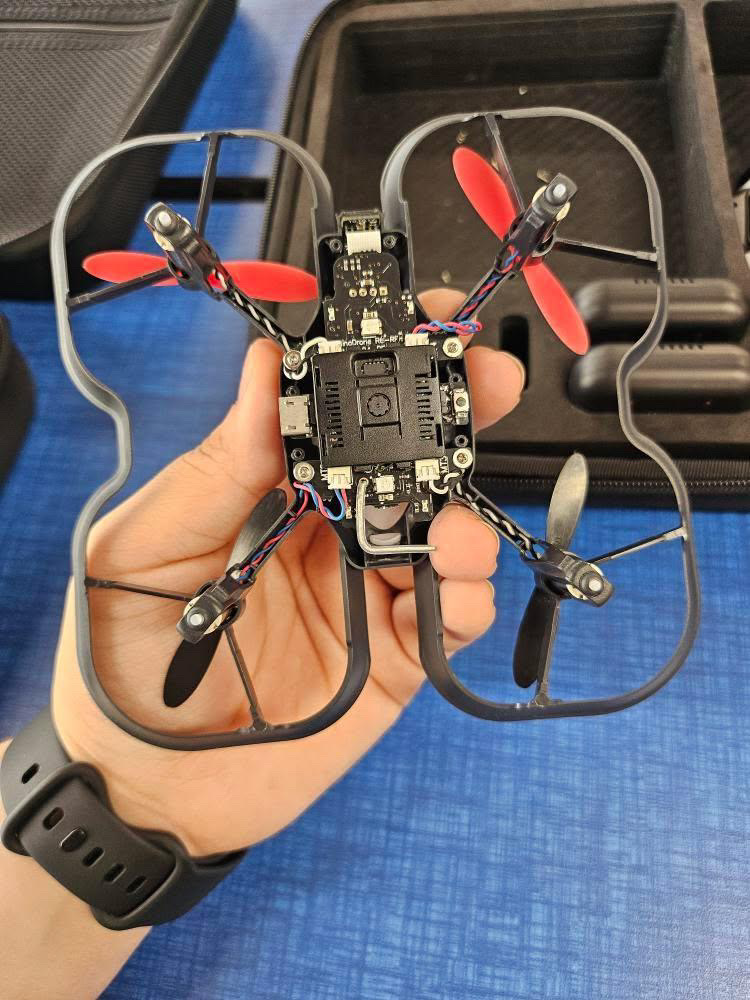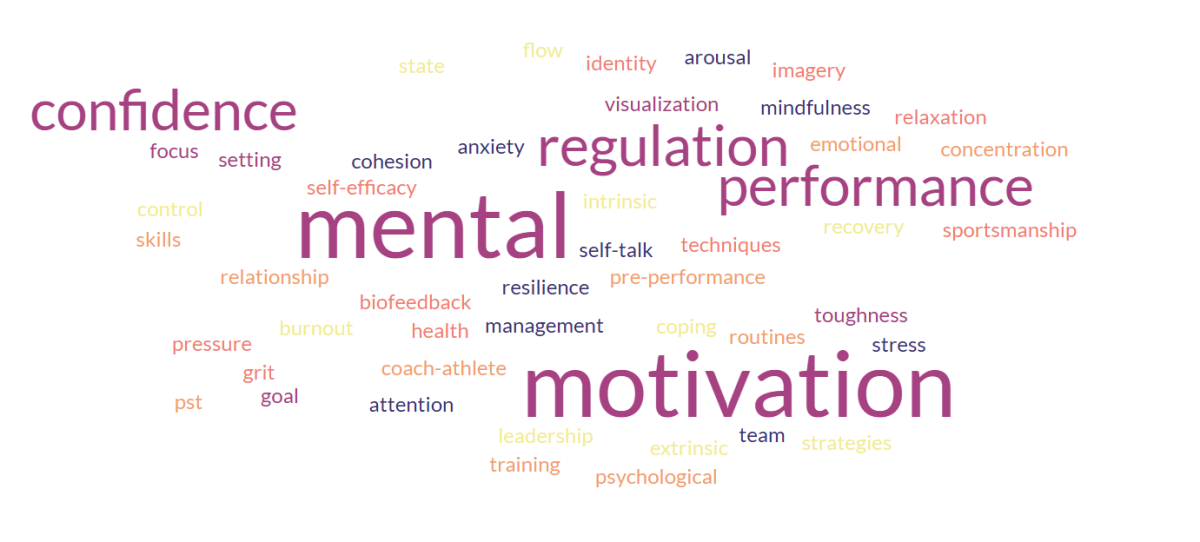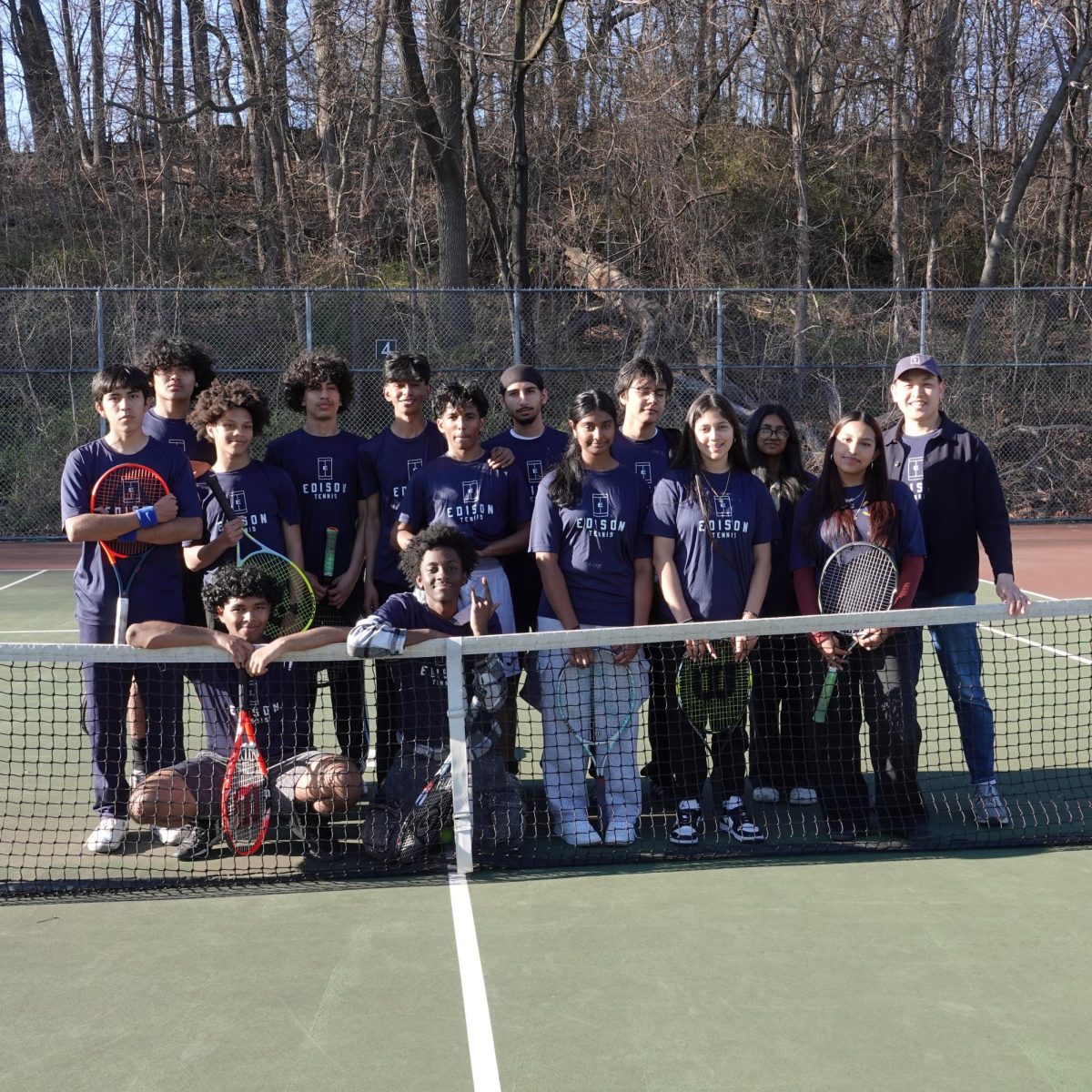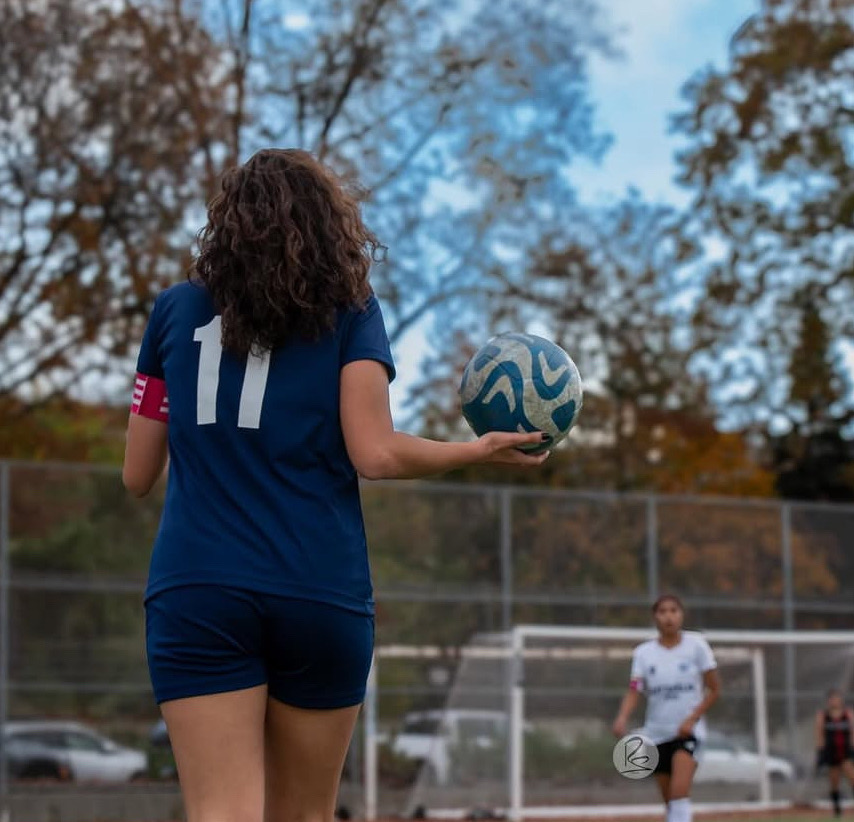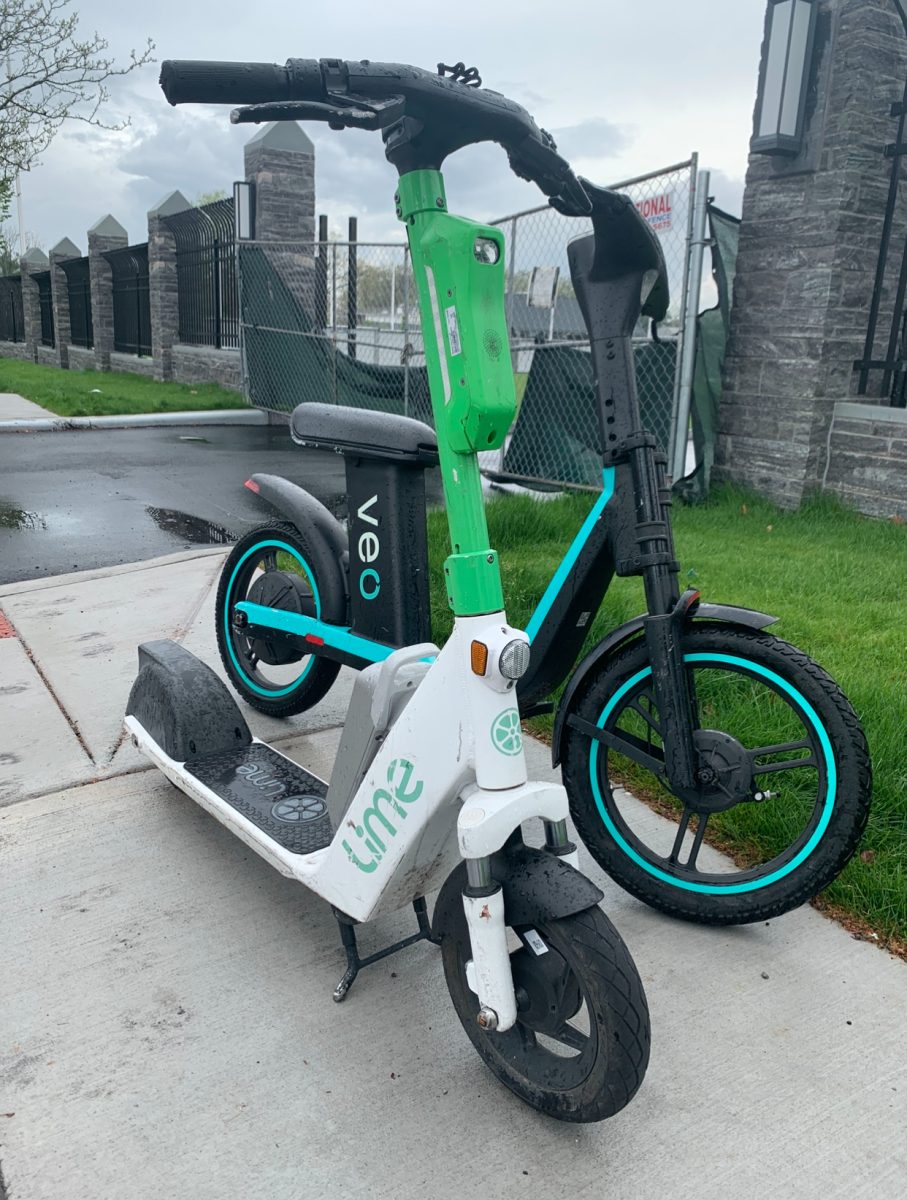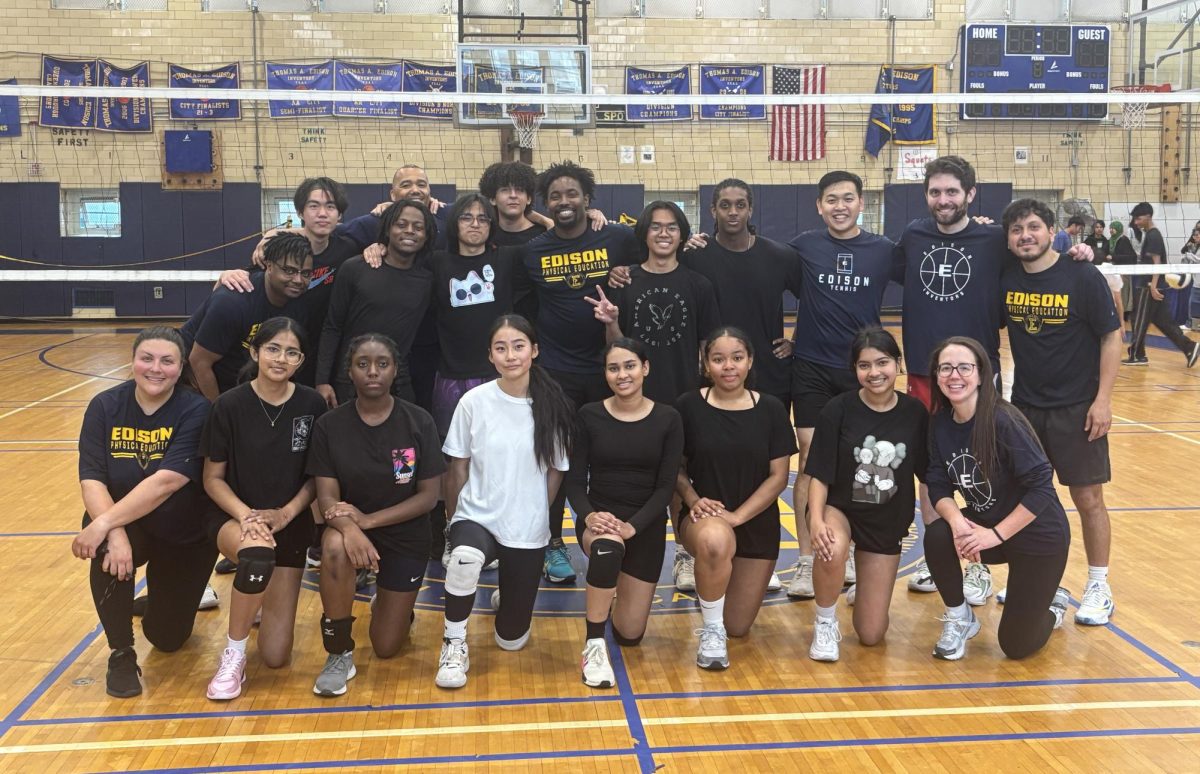This spring, the ACES class hosted its annual plant sale, and behind every marigold sold was a story of meaningful achievement.
The program provides a vocationally focused, supportive learning environment for students who benefit from alternate assessments and non-traditional academic paths. They’re building real-world job skills and life readiness.
What is the ACES Class?
The ACES class, which stands for Academics, Career, and Essential Skills, is tailored for students with intellectual disabilities who are not on a Regents diploma track. Instead, the curriculum focuses on building vocational, practical, and life skills that will help students live more independently and prepare them after high school.
According to Ms. Casella, an ISS teacher who works directly with the students, the ACES program helps students master essential daily routines and responsibilities. “Their goal is to attain skills they’ll use outside of high school,” Ms. Casella explained. “That means things like cooking, hygiene, and how to work basic jobs in structured settings.”
One of the key features of the program is the botany lab, which is run just like a job site. Students rotate through stations like checking water and pH levels, planting seeds, harvesting mature plants, and managing greenhouse tasks. “It’s similar to how McDonald’s operates,” Ms. Casella said. “You have your fry station, your drive-thru, your front counter. That’s how we set up the botany lab.” Everyone has a role.
The Journey – From Seeds to the Sales
The plant sale is the highlight of the botany lab each spring, but it involves much more than just growing flowers. It starts with reviewing inventory data from previous years to decide what to grow and how much.
“We analyze what sold best, what we have space to grow, and what’s realistic for our students to manage,” Ms. Casella shared. This year, the class focused on marigolds. “They grow well and bloom in time for the sale. People want to see a flower when they buy a plant.”
It takes about six weeks for marigolds to grow from seed to bloom, so timing and preparation are key. Once planting begins, students track progress and rotate responsibilities to keep the greenhouse running smoothly.
Cost was also a major factor this year. “Our flower pots went from $1.75 to $3.50 each,” said Ms. Casella. “We originally considered pricing each plant at $7 to cover costs, but our assistant principal suggested keeping it to $5 to make it more affordable.” Despite the tighter margins, the class sold about 45 plants and gained valuable experience in planning, pricing, and supply management.
Students also helped package and deliver the orders, which were collected using a Google Form filled out by staff. Due to limited inventory, staff were asked to limit their purchase to one or two plants each.
What the Students Think?
“From what I see, the students love anything that gets them moving and working with their hands,” said Ms. Casella. “They’re not sitting in rows of desks. They’re moving around the room, staying active, and learning by doing.”
Some students, especially the girls, get emotionally attached to the plants they grow. “They want to take them home. They’ve watched them grow from seeds, so they’re proud,” she added.
Around Mother’s Day, the class takes part in a special project where students build DIY wick planters using recycled two-liter bottles. They cut the bottles in half, add rockwool and wicks, and grow plants in them to take home as gifts. “So I think they like that there’s something tangible that they can actually take with them home, or they can see what they’re doing.”
Delivery days are another favorite. Students walk through the building delivering plants to teachers, which gives them a break from the classroom and a chance to interact with others. “They’re a group that has a hard time sitting still. Any time they get to move and be part of something, they enjoy it.”
Looking Ahead!
Ms. Casella confirmed that the plant sale will definitely return next spring, although the specific plants and design are still undecided.
The ACES program continues and is dedicated to provide students with meaningful real world skills that will prepare them beyond high school. They will definitely be growing!
Make sure to grab your plant and show it off!

